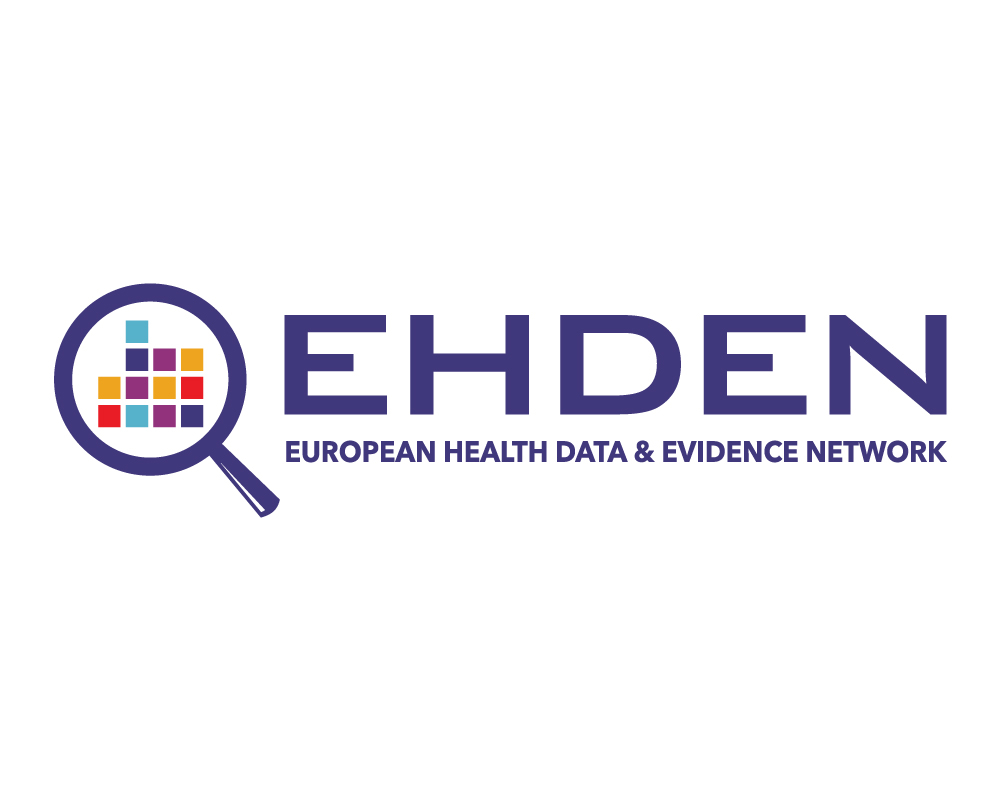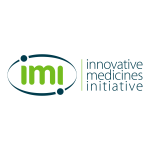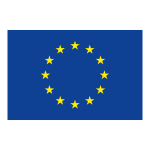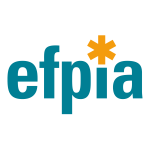


Europe in the age of Big Data
Today, in Europe, we are challenged to generate insights and evidence from real-world clinical data at scale, to support patients, clinicians, payers, regulators, governments, and the pharmaceutical industry in understanding wellbeing, disease, treatments, outcomes and new therapeutics and devices. Unfortunately, such data is difficult to use at scale, in a myriad of languages, systems and structures, with challenging policy restrictions and technology considerations. Consequently, using real-world data for research, reflective of what happens for patients in their own experience of healthcare, is very challenging and every day, patients are suffering or dying because we are not able to tap into the transformational potential of real-world data.
A public/private consortium to homogenize clinical data
In response to this, the EHDEN project was launched as a public-private partnership under the framework of IMI2 (Innovative Medicines Initiative), with eleven public partners, led by Erasmus Medical Centre, Rotterdam NL, and eleven pharmaceutical partners, led by Janssen Pharmaceutica, Belgium, working together as a consortium, responding to this need. EHDEN is disease-agnostic and aspires to provide a new paradigm for the discovery and analysis of health data in Europe.
EHDEN aims to develop a federated and equitable ecosystem of institutions generating clinical data, with researchers across academia and industry, supported by certified and qualified SMEs, harmonising clinical data and creating a network technology for real-world research. It will incorporate appropriate policy and regulatory requirements, such as the General Data Protection Regulation (GDPR) and ethical research guidelines, via privacy by design in its sociotechnical infrastructure.
Centres joining the EHDEN network could be university or non-academic hospitals, primary care networks, existing registries, etc. EHDEN will enable transparent and fully reproducible research by standardizing both the health data and the analytical pipeline. Study execution is performed in a federated manner, i.e., analytical code is sent to the data source, run locally in their own safe haven, and only the aggregated results are shared. In this way the original (patient-level) data remains at the site; each source remains in control of their data and decisions about which study to participate in.
Central to EHDEN will be the standardisation of health data to the ‘Observational Medical Outcomes Partnership’ (OMOP) common data model (CDM) and the utilisation of analytical tools such as those developed by the international ‘Observational Health Data Sciences and Informatics’ (OHDSI) open science collaboration and others. A network of SMEs will be trained and certified to ensure the consistent transformation of data to the common data model. To cover the costs associated with the data harmonisation, data custodians will be able to apply for EHDEN funding through a series of open grant calls.
EHDEN has an important role in educating the project partners, it’s collaborators and the wider research network in order to ensure a consistent approach to technical aspects, methodological aspects and research. This will be enshrined in the EHDEN Academy, an online learning platform. EHDEN will also support other IMI2 projects within the overarching Big Data for Better Outcomes (BD4BO) programme of which it is a part, other IMI and non-IMI projects, and will collaborate with key stakeholders in Europe, such as the European Medicines Agency (EMA).
EHDEN’s aspirations are significant, aiming to harmonise 100 million anonymised health records over five years across multiple hospitals, primary care networks, regional databases, and similar, while developing a durable and sustainable network of mutual research interests. During the project, numerous use cases will validate EHDEN’s work with a focus on health outcomes, measured by relevant health outcome standards.
Oncodesign: an integral part of the EHDEN SME network
Oncodesign is one of the 23 private companies selected from 11 different countries (https://www.ehden.eu/ehden-almost-doubles-sme-network/) to follow the “EHDEN Academy” training. The SME curriculum consists of five courses, training them in all the necessary skills to work with the EHDEN Data Partners in harmonising their health data to the OMOP CDM: EHDEN Foundation/OHDSI-in-a-box/OMOP CDM & Standardised vocabularies/Extract, Transform and Load (ETL) process/OHDSI Infrastructure. This certification allows us to be visible to help data generation operators in order harmonize health data.
“Expanding our geographically diverse SME network is a critical step in building an eco-system that supports a range of Data Partners and other stakeholders in mapping and using health data, whilst supporting an evolving SME marketplace,” said Nigel Hughes, Scientific Director, Epidemiology, Janssen, and Co-Lead of EHDEN.
EHDEN Funding agencies



